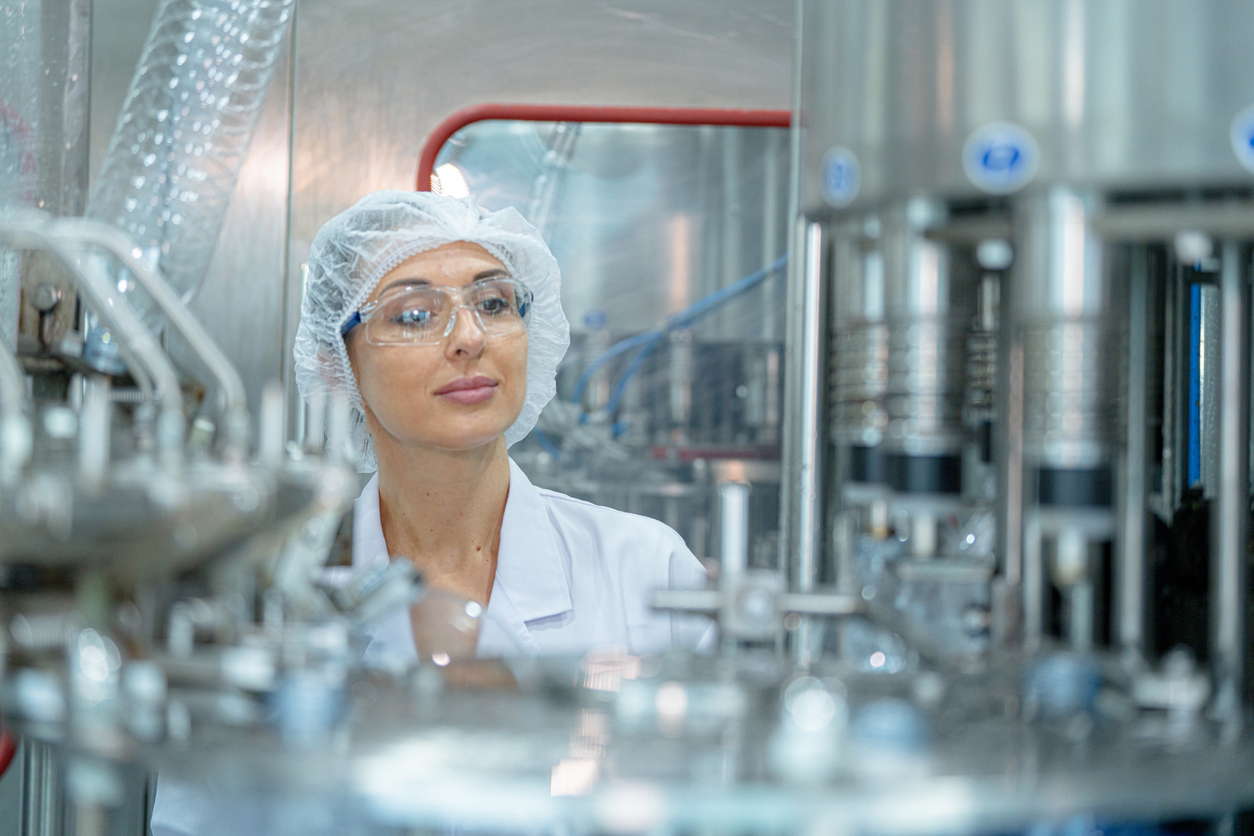Safeguarding Sight: Essential Safety Eyewear in the Food Industry

In the bustling world of food production, safety isn't just about avoiding slips and burns—it's also about safeguarding one of our most precious senses: sight. In environments where food is processed, handled, and cooked, the risk to eyesight is ever-present. That's why safety eyewear is not just a recommendation but a necessity. Let's delve into the essential requirements and options for safety eyewear in the food industry.
Understanding the Risks
The food industry encompasses various environments, from bustling kitchens to sterile processing plants. In each setting, unique hazards threaten the eyes of workers. These hazards include:
Chemical Splash: Cleaning agents and food processing chemicals can cause severe damage if they come into contact with the eyes.
Debris and Particulates: Whether it's airborne flour in a bakery or wood shavings in a food packaging facility, debris poses a significant risk to eye safety.
Heat and Steam: Workers in kitchens and food processing plants encounter heat and steam, which can cause burns and blurred vision if proper eye protection isn't worn.
Requirements for Safety Eyewear
To adequately protect workers, safety eyewear in the food industry must meet specific requirements:
Impact Resistance: Eyewear must be able to withstand impacts from debris or accidental knocks, ensuring that the eyes remain shielded from harm.
Chemical Resistance: Safety glasses should resist penetration by chemicals commonly used in food processing and cleaning.
Comfort and Fit: Comfort is crucial for ensuring that workers wear their eyewear consistently. Glasses should fit well and not cause discomfort, even during long shifts.
Clarity of Vision: Safety glasses should provide clear vision without distortion, allowing workers to perform their tasks accurately.
Options for Safety Eyewear
Fortunately, there's a wide array of safety eyewear options tailored to the needs of the food industry:
Wraparound Safety Glasses: These glasses provide comprehensive coverage, shielding the eyes from all angles. They're ideal for environments with flying debris or splashes.
Goggles: Goggles offer maximum protection against chemical splashes and airborne particles. They create a secure seal around the eyes, preventing anything from entering.
Face Shields: In situations where there's a high risk of splashes or spills, such as deep frying or pressure washing, face shields provide an additional layer of protection.
Prescription Safety Glasses: Workers who require prescription lenses can opt for safety glasses with prescription inserts or integrated lenses, ensuring clear vision without compromising on safety.
Safety is paramount, by prioritizing eye protection through the use of appropriate safety eyewear, employers can mitigate the risk of eye injuries and ensure the well-being of their workers. From impact-resistant glasses to chemical-resistant goggles, there's a solution tailored to every environment and task. Remember, when it comes to vision safety, prevention is always better than cure.
Stay safe, protect your vision, and keep cooking with confidence!
For more information on safety eyewear solutions for the food industry, visit ocusafe.com today.
